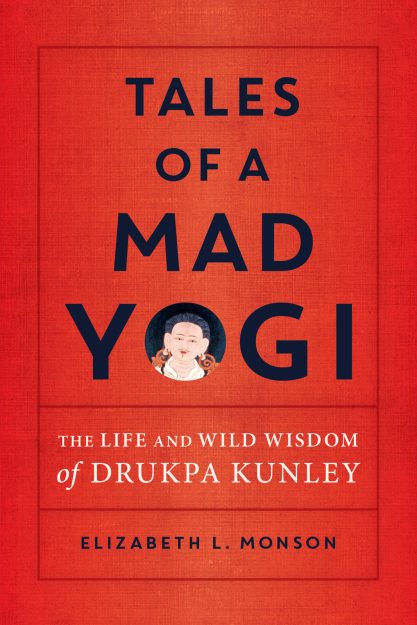 Tales of a Mad Yogi: The Life and Wild Wisdom of Drukpa Kunley
Tales of a Mad Yogi: The Life and Wild Wisdom of Drukpa Kunley
by Elizabeth Monson
Snow Lion, August 2021, $19.95, 256 pp., paper
Searching for a PhD dissertation topic, Monson stumbled on the 15th-century monk Drukpa Kunley, revered as a saint in Bhutan but little known elsewhere. She spent two years in Bhutan, translating two books of his writings and then touring the country, collecting tales of his exploits. And what tales they were. Drukpa Kunley was a drunken womanizer and reprobate whose outrageous behavior defined “crazy wisdom.” Asked to write a biography, Monson demurred: Not enough facts. But then, armed with her research, she took a daring plunge, creating a magical realism–infused narrative about a Buddhist master unlike any other.
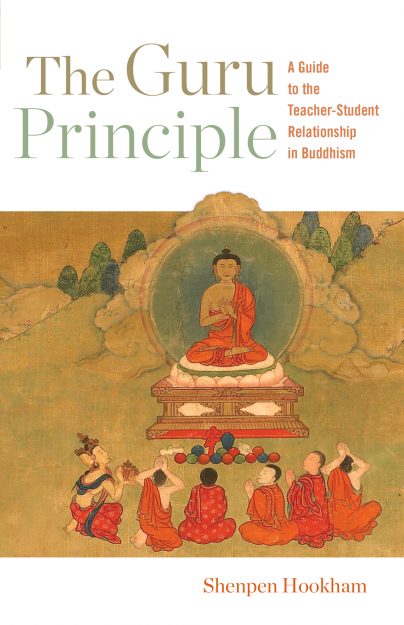 The Guru Principle: A Guide to the Teacher-Student Relationship in Buddhism
The Guru Principle: A Guide to the Teacher-Student Relationship in Buddhism
by Shenpen Hookham
Shambhala Publications, August 2021, $16.95, 208 pp., paper
The guru, or trusted teacher, is an integral part of Buddhist practice, especially in the Vajrayana tradition. But the devotional path isn’t for everyone, and for newcomers the teacher-student relationship can be confusing, even fraught. The author, an Englishwoman ordained by the 16th Karmapa, is sympathetic to Westerners’ concerns. Covering basics like the need for a teacher and how to choose the right one, she goes on to describe in detail a teacher’s many roles, from giving practice instruction and spiritual advice to challenging the student’s ego. She also tackles controversial topics like student abuse.
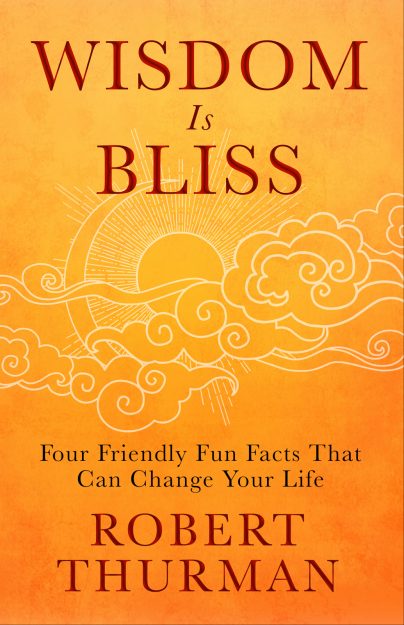 Wisdom Is Bliss: Four Friendly Fun Facts That Can Change Your Life
Wisdom Is Bliss: Four Friendly Fun Facts That Can Change Your Life
by Robert Thurman
Hay House, August 2021, $19.95, 232 pp., cloth
Thurman, one of America’s best-known Buddhist scholars, is at his most accessible in this Buddhist primer—one that views the tradition not as a religion but as a rational approach to life. The “four friendly facts” are the four noble truths; the eightfold path is a “highway with eight lanes” that are not “right” but “realistic.” Grounded in traditional dharma, the teachings shine brightest through everyday examples, many from Thurman’s life. As a teacher, he’s famed for his exuberant delivery, on full display here. The wide-ranging, rapid-fire writing may be dizzying at first, but the reward is a never-dull romp through Buddhism 101.
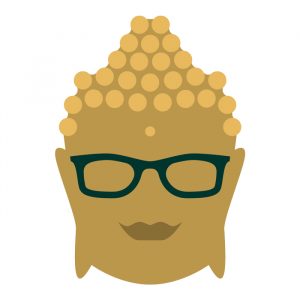
Scholar’s Corner
The Record of Empty Hall: One Hundred Classic Koans
by Xutang Zhiyu; translated with commentary by Dosho Port
Shambhala Publications, February 2020, $18.95, 320 pp., paper
The Chinese Chan master Xutang Zhiyu (1185–1269), a monk in the Linji school, was a key figure in the transmission of Rinzai Zen to Japan. His collection of Zen koans is as well regarded as The Blue Cliff Record and The Gateless Gate, though much less familiar to Western readers. This translation by Dosho Port Roshi is only the second ever made in English, and all but six of the cases are previously unpublished, making this an invaluable resource. Dosho’s translations are clear and his commentary deceptively straightforward. But koans are not solved by ordinary reason: study with a Zen master is the established way in.
WHAT WE’RE REREADING
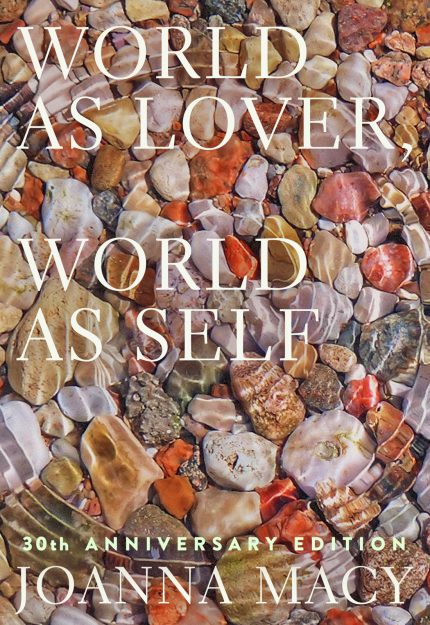 World as Lover, World as Self
World as Lover, World as Self
by Joanna Macy
Revisiting a book can trigger nostalgia. But Joanna Macy, a seminal voice of engaged Buddhism and deep ecology now in her nineties, invites no such reminiscing in the 30th anniversary edition of World as Lover, World as Self. In this, the third edition, she hasn’t just updated the contents; she’s all but written a new book. Familiar themes remain: social engagement, love for the Earth, Interbeing. But they’re woven into the narrative of Macy’s ever- evolving advocacy of transformation in times of crisis. Buddhism, the substrate of Macy’s life since the ’60s, figures even larger here than in the original, though she has cut a few dharmic passages. No matter. Macy’s passion still lights up the page, a reminder that enlightened activism never goes out of style.